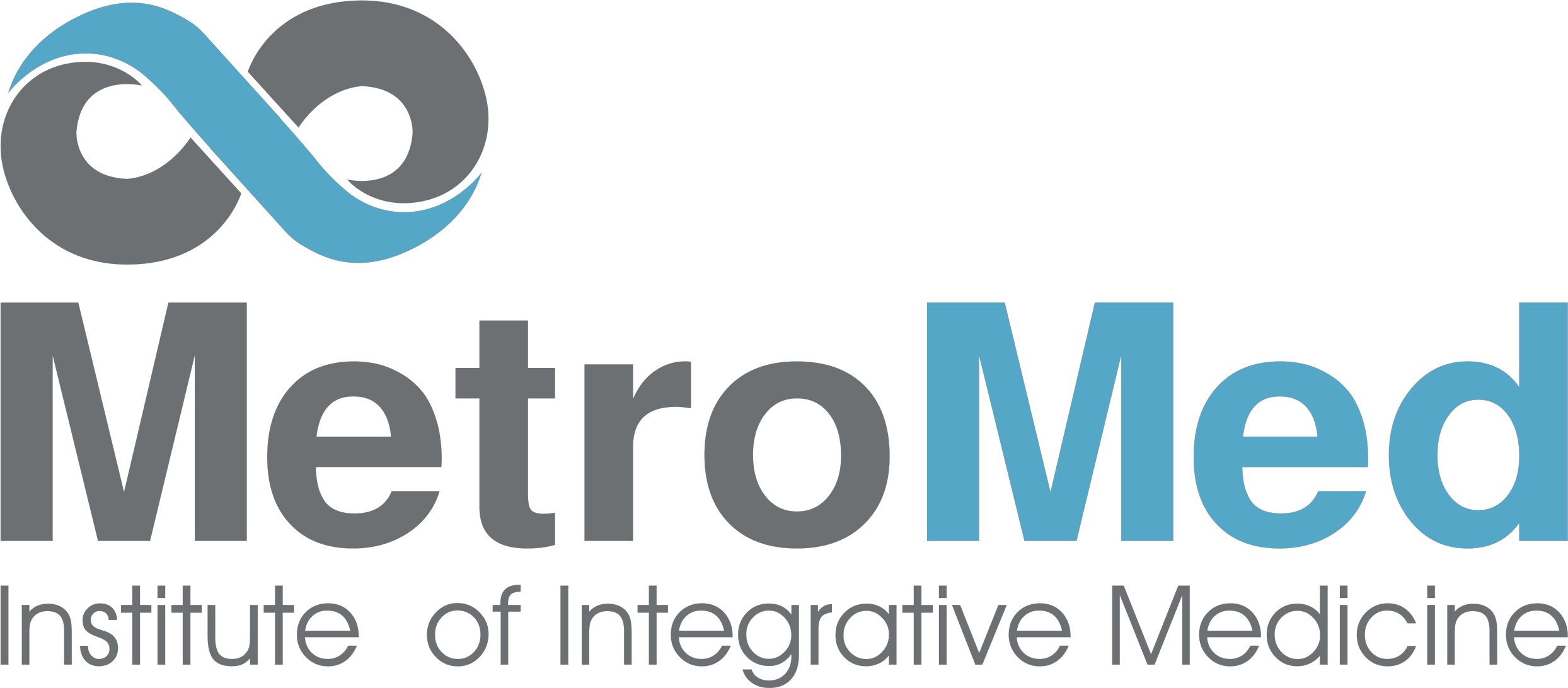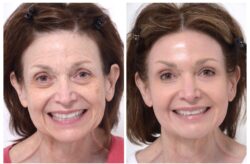Human Growth Hormone (HGH) is now widely used throughout the sports world by athletes seeking to improve performance through the increased levels of endurance brought on by larger and stronger muscles created by HGH induction. In addition toperformance enhancement, athletes using HGH supplementation benefit from shorter recovery times for muscles following intense exercise immediately following training and competition.
For these reasons, athletes quickly learn that they can compete more aggressively and more successfully after replacing HGH levels which decline precipitously with age. This phenomenon is demonstrated by the recent shattering of sports records across the board in diverse sporting disciplines ranging from baseball to international cycling. Bodybuilders, in particular, have discovered the advantages of HGH in healing damaged muscles and shortening recovery times following intense workouts.
Some sports committees, declaring that HGH gives an unfair advantage to certain privileged athletes, have ruled against the use of HGH within their disciplines and the repercussions of this position have most recently placed athletes accused of using HGH without declaring it on the front-page of the news in both US baseball and cycling’s Tour de France. The actions of the Baseball Commissioner against certain superstar baseball players during the past decade and both Spanish and French Police against cyclists in the Tour de France are examples of shameful retribution whose magnitude has been said to rival only that of the Medieval Inquisition.
The basis for similar retribution by the Olympic Committees and many other Professional Sports Associations is officially said to be the unfair advantage that HGH gives an athlete. One may certainly question, What exactly does this term unfair mean?
In contrast to earlier rulings against the use of steroids, in particular Testosterone, the decisions of these committees to suppress the use of HGH have NOT been decided on evidence-based, scientific reasons but rather on a vague concept of fairness. Unlike steroids (testosterone), HGH does NOT exhibit any demonstrable unhealthy effects while under medical supervision. This specific difference sets HGH apart from the unrelated family of steroids which not only is said by sports committees to give athletes an “unfair advantage†in competition but also has been condemned for certain unattended, secondary effects on the body’s health.
These facts have not escaped the bodybuilding community. Athletes, finding qualified specialists in HGH therapy either nonexistent or inaccessible to them, began to purchase HGH-products on the black market from trainers at gyms and on the Internet just in order to remain competitive with other athletes utilizing HGH replacement therapy. This development has alarmed the Medical and Scientific communities because of the lack of supervision in the administration of the hormone and, worse, the complete absence of quality control over the safety and efficacy of what is being sold illicitly to unsuspecting athletes.
As a result, the well-intentioned athlete has been subjected to counterfeit “HGH†hormone products sold over the Internet in various scam operations as well as to denatured or “dead HGH†hormone products when purchased out of the overheated trunks of cars parked under the mid-day sun behind gyms and in alleyways.  The latest assault on athletes is the “grey market†in which “inducers of HGH release†along with sprays, wafers, sublinguals and tablets are being peddled under the claim that they have the ability to raise HGH levels in the body. The evidence to support these claims is missing. To date, only injectable HGH can be shown with certainty to reach its targeted receptor sites within the body.
It is the position of this researcher that both scientists and medical clinicians will universally agree that the sole priority for all of us deploying hormone replacement therapy should be the safety and efficacy of the hormone replacement when used under medical supervision. That being said, the rulings of sports committees, while important to each of the particular disciplines, are not relevant to scientific and medically based safety and efficacy issues.  Many mainstream researchers working with HGH, scientists whom I have known over the past two decades, share this opinion. Whether or not a particular therapy creates a disproportionate advantage among individuals in competition is not meaningful or relative in a scientific context.  Any “unfair†advantage produced by HGH use is a Legal, Sociologic and Ethical issue and not a Scientific or Medical concern.
As I have said, what is important to Science and Medicine, first and foremost, is the safety and efficacy of the therapy. In fact, the position of sports committees and the attempted suppression of HGH use are perversely an endorsement of the efficacy of HGH. This difference in points of view between the Sports World and the Medical World has now become a cause for conflict and has triggered Congressional and FDA actions, at the bidding of the Sports Committees, to suppress the use of HGH among athletes.
When comparing HGH with other contemporary innovations in Sports, such as hydrodynamic competitive swimwear, graphite tennis rackets and computer-enhanced running shoes, one may ask, What is the difference between the application of HGH and these contemporary innovations for enhanced performance?†All are innovative, safe, and effective and target the ultimate goal of achievement. This, coupled with a strong desire to succeed, is precisely what sets the accomplished athlete who can afford these innovations apart from others who are not so fortunate to acquire these advantages.
This difference defines competitive success and, from a Darwinian point of view, lies behind the very success of homo sapiens, whose meaning “the thinking man is synonymous with innovator. This being said, one might just as well add, for the benefit of HGH critics, Welcome to the meaning of Progress and to the Twenty-First Century!â€
The bottom line is that HGH replacement therapy for individuals of all ages, whether involved in sports or not, is a powerful therapy which enhances retention of muscle and repair mechanisms. This has been a great boon to bodybuilders and other athletes. In fact, HGH is extremely safe and effective when applied under proper medical supervision, at appropriate replacement levels and with regular blood monitoring.
HGH is, indeed, a truly modern innovation to health and sports.
HGH Supplementation for Athletes: What’s The Big Deal? Copyright © 2011, Alex Martin, MD. Los Angeles, Beverly Hills, Hollywood


